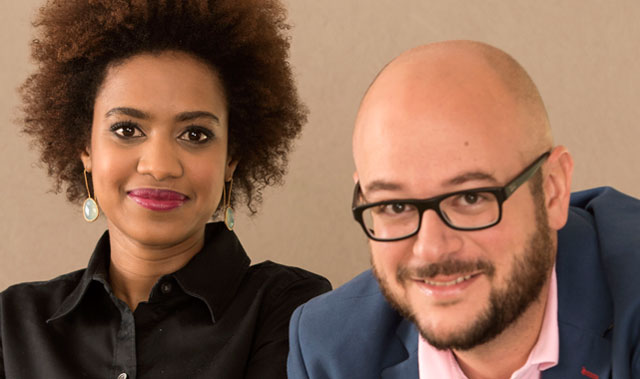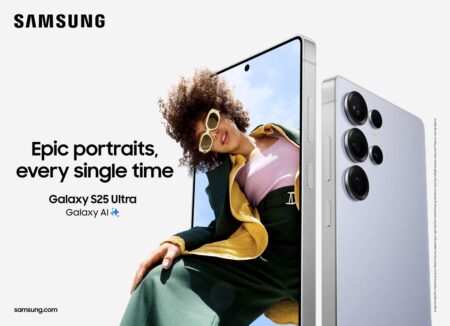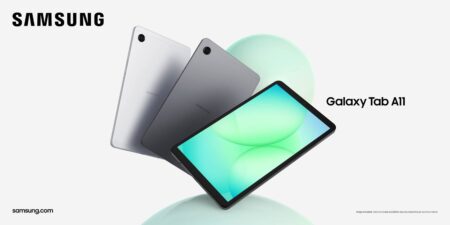
South African start-up ReWare, which has been launched by the same team that brought Spain’s Zwipit to South Africa, is helping bring older-generation high-end phones, including Apple iPhones, to a broader market in South Africa.
The company, headed by CEO Felix Martin-Aguilar and chief operating officer Nothando Moleketi, now sells a range of refurbished iPhones and Samsung Galaxy S devices for prices starting at R1 699.
Martin-Aguilar has 15 years of experience in the telecommunications industry and, among other projects, led a strategy review at Cell C in 2008 and was later tasked with relaunching the operator’s business division.
Moleketi, meanwhile, has experience in management consulting and start-ups. She helped launch Zomato in South Africa and also worked in Cell C’s strategy team for a time.
ReWare’s phones are sold in 14 Edgars stores and online through CNA, with plans to begin selling them through the mobile operators and to establish direct presences online with an e-commerce store and through a physical retail presence in the form of a flagship store.
The company sells the iPhone 4 with 8GB of storage space for R1 699, going all the way up to R5 499 for the iPhone 5s with 16GB. It will soon introduce iPhone 6 models into its line-up, too. Its cheapest Samsung device is the Galaxy S3, which retails for R1 999, going up to R4 499 for the Galaxy S5.
It chose the iPhone and Galaxy devices specifically because of consumer demand for those brands. ReWare is considering adding some Sony smartphones to its line-up, too.
“We decided to create a formalised structure for buying and selling pre-owned smartphones in South Africa,” says Moleketi.
The company has a facility in Florida Glen, west of Johannesburg, where it inspects and tests second-hand phones using specialised diagnostic tools to determine if any work might be needed, such as a new battery fitted (the most common issue), the screen replaced or new speakers fitted. If this is the case, they go to trained technicians, who do the repair work, before the phones are again subjected to rigorous testing.
All previous user data is wiped from the phone and its operating system is updated to the most recent version (or the most recent version that makes sense for the device without unduly compromising its performance).
The phones are then cleaned carefully and packaged for resale with a new charger and a high-quality power/data cable included in the box. In the case of iPhones, the cables comply with Apple’s MFi licensing programme.
The final packaging is transparent to allow consumers to inspect the phone that they’re buying without removing it from the box.
The phones are imported from large, reputable “aggregators” in the US, Latin America and Asia. The company only buys second-hand phones of a “certain grade”, to allow it to offer certification and a warranty, says Martin-Aguilar.
“They’re targeted at brand-conscious consumers who can’t necessarily afford to buy the latest iPhone,” he says. Moleketi adds that there is a big opportunity in the rest of Africa. “That’s in our medium-term plans,” she says. — © 2016 NewsCentral Media




